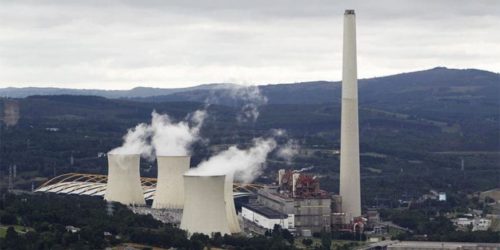Out of Spain’s 15 coal-fired plants, seven ceased operations on June 30. Four more will soon follow, putting Spain on track to ultimately become coal-free. The country closed all its coal mines two and a half years ago as a result of the European Union banning their state aid.
The demise of coal in Spain
The seven plants that have shut generated 4,630 megawatts (MW) of power and provided jobs for around 1,100 people. The four that have filed for permission to shut down create 3,092MW of power and employ around 800 workers.
Some of the coal plants are the only industry for the towns in which they are located. Dismantling the plants will provide work, and the Ministry for Ecological Transition has been pressuring electricity companies to create job plans for affected areas, many of which involve green energy.
El Pais asserts that Spain’s decision to move away from coal was not policy-driven, but rather market- and EU-driven:
These closures appear to have little to do with the Spanish government’s policies. As a matter of fact, the Ministry for Ecological Transition has refused to join an alliance of countries pledging to set a fixed date for phasing out this type of facility. Instead it was the market itself, together with the measures coming out of Brussels, that sounded the death knell for coal.
In short, coal is just no longer profitable or sustainable. The four companies that own the coal-fired plants – Naturgy, Endesa, Viesgo, and Iberdrola – ceased operations to avoid violating a European environmental directive to adopt technology to clean up their emissions.
In 2018, nearly 15% of all electricity in Spain came from coal-fired thermal stations. In May 2020, it was 1.4%.
Tatiana Nuño, an energy and climate change specialist at environmental NGO Greenpeace, said:
The way things are going, I think there will no longer be any coal generation by 2025.
Electrek’s Take
Spain’s rapid move away from coal is an interesting case study. The country wouldn’t commit to a fixed date of closures, but the market, EU policies, and the pandemic ultimately got the ball rolling, and fast.
The EU drove up the price of emissions in the European market to €25 a ton in 2019, making coal less profitable than gas or green energy. And throw in the drop in power demand as a result of the pandemic, and coal just became obsolete.





